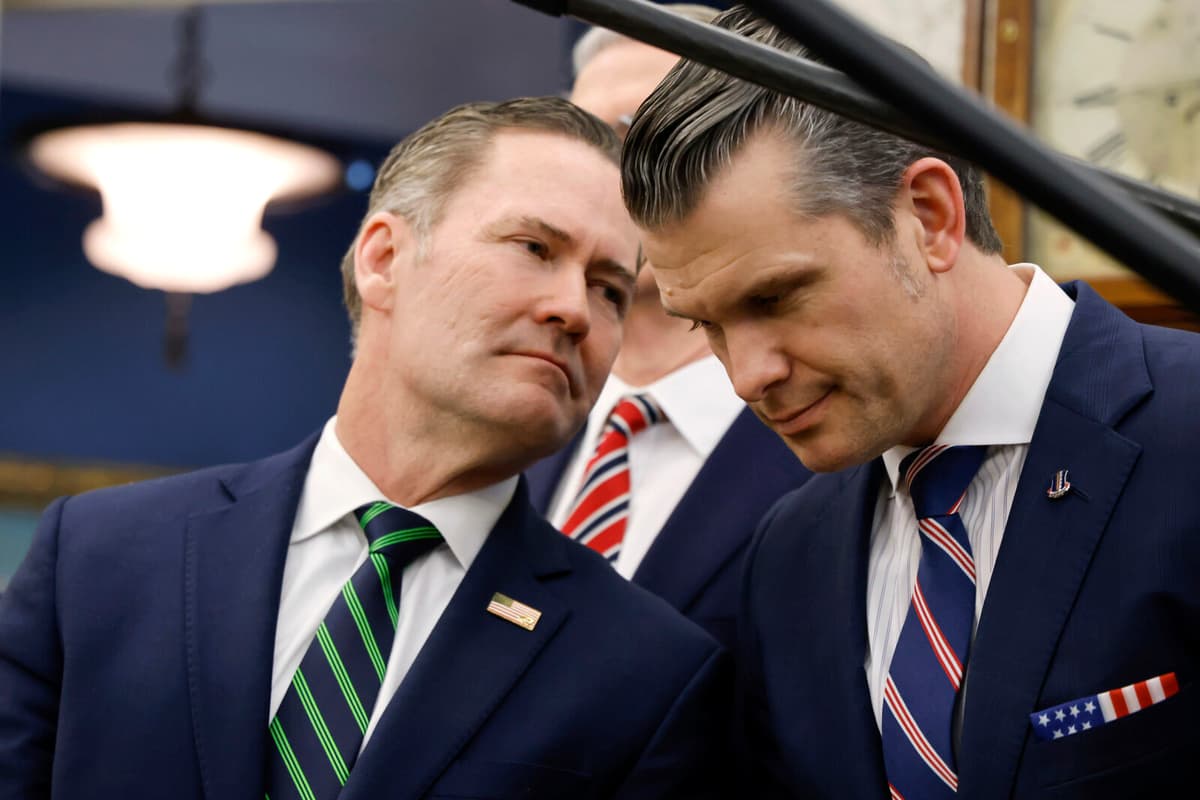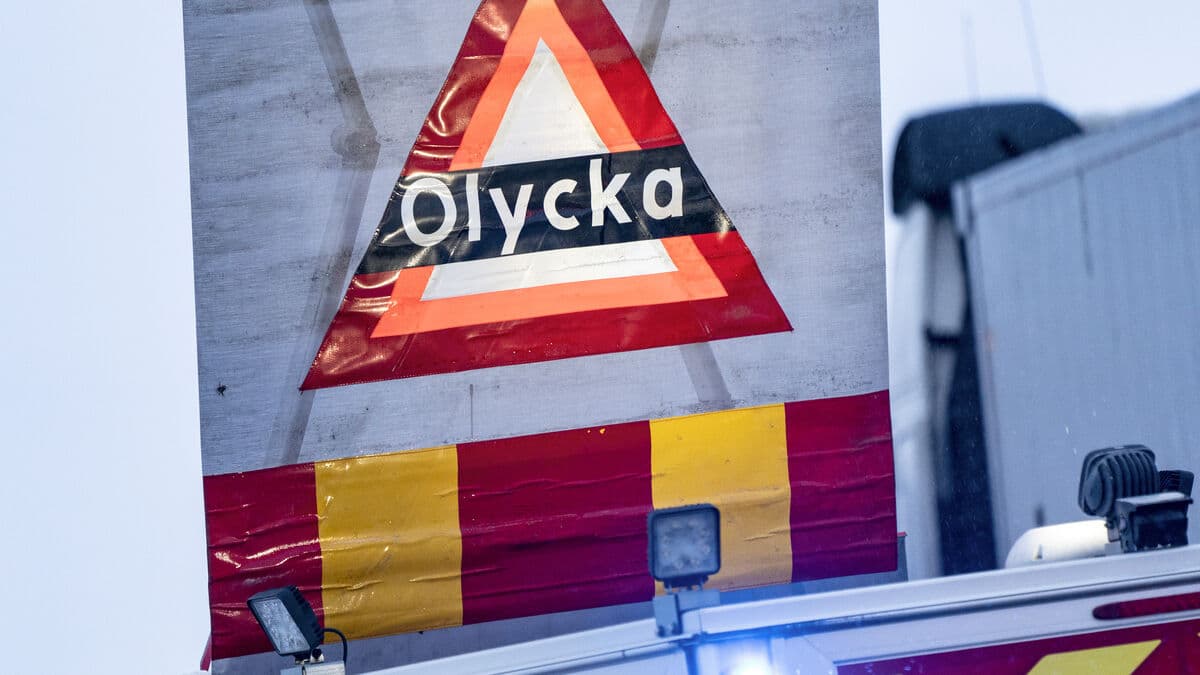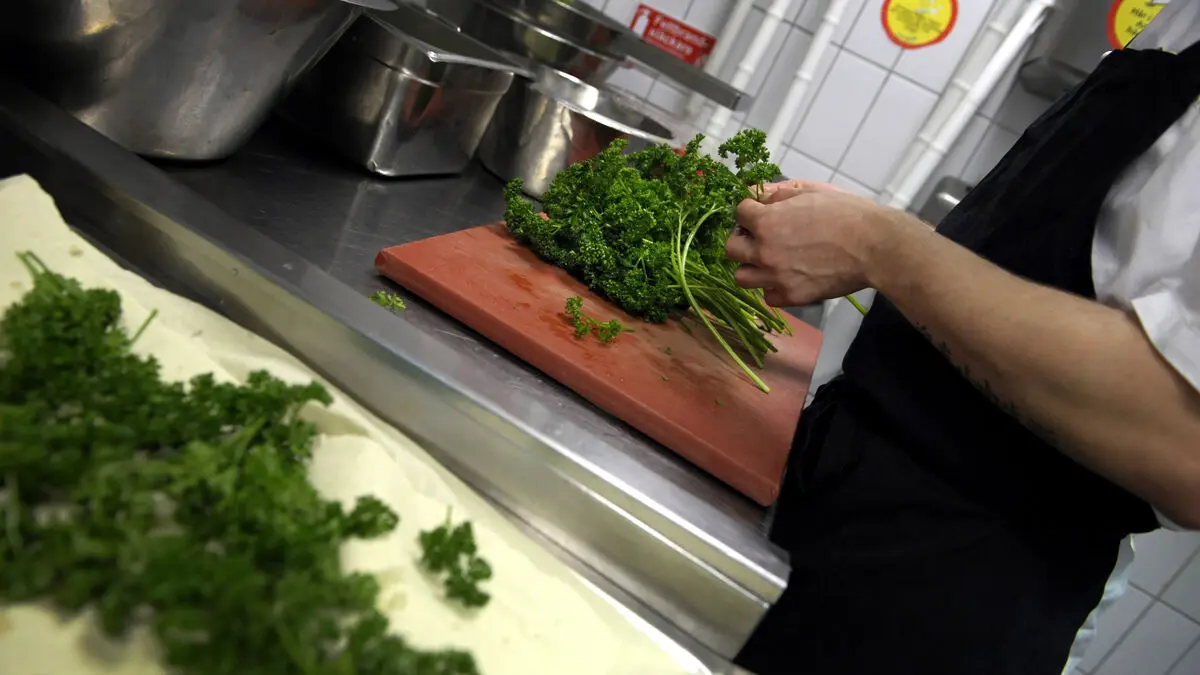According to information, it was allegedly security chief Mike Waltz, or possibly one of his employees, who added the journalist to the chat. The discussion about the impending attack is conducted in a very casual tone, including flag emojis and clenched fists. Here are some examples:
Before the attacks, Vice President JD Vance expresses his doubts about the operation – which would mostly benefit Europe:
Vice President JD Vance: "If you think we should do it, let's. I just hate to rescue Europe again. I think we're making a mistake. 3 percent of American trade goes through Suez. 40 percent of European. There's a risk that people don't understand this or why it's necessary."
Defense Minister Pete Hegseth: "VP. I completely share your disgust for European freeloading. It's PATHETIC."
Later in the chat:
JD Vance: "I'm not sure the president is aware of how inconsistent this is with his message about Europe right now. There's an additional risk that we'll see a moderate to significant increase in oil prices. I'm willing to support the team's consensus and keep these concerns to myself."
Pete Hegseth: "I understand your concern – and fully support you bringing it up with the president. Important considerations, most are hard to know how they'll play out (economy, peace in Ukraine, Gaza, etc). I think the message will be tough regardless – nobody knows who the Houthis are – and therefore we must focus on: 1) Biden failed and 2. Iran financed."
After the USA carried out the attacks:
Security Chief Michael Waltz: Emojis with a clenched fist, an American flag, and fire.
Steve Witkoff: Emojis with two hands praying, an arm flexing muscles, and two American flags.
Sophie Tanha/TT
Facts: This is what has happened
TT
The editor-in-chief of the liberal American magazine The Atlantic was, seemingly by mistake, added to a chat group in the encrypted messaging app Signal on March 11 by a user with the same name as the USA's national security adviser Mike Waltz.
In the chat group, there were users connected to, among others, the USA's Vice President JD Vance and Defense Minister Pete Hegseth. There, discussions were held about President Donald Trump giving the green light to attack targets belonging to the Houthi movement in Yemen.
The journalist, Jeffrey Goldberg, initially thought the chat group was fake and suspected that its purpose was to deceive journalists.
But when targets in Yemen were bombed on March 15, according to specific descriptions that Goldberg had read hours earlier in the chat group, he realized that the USA's security adviser had invited him to a secret war chat.
The article about the event, published in The Atlantic on March 24, has led to great uproar.
The White House has stated that the conversation "appears to be authentic" and that the matter is being investigated. Hegseth, on the other hand, denies that they chatted about war plans.
Source: The Atlantic






